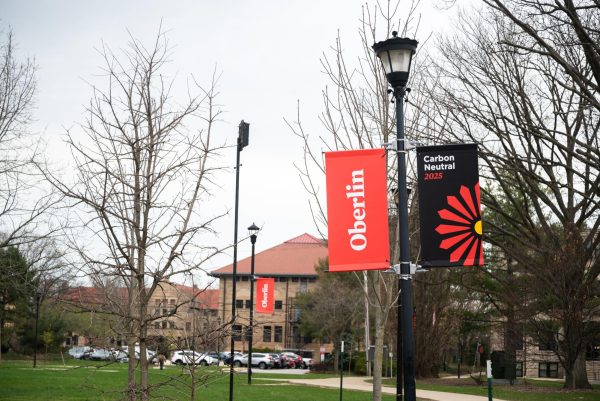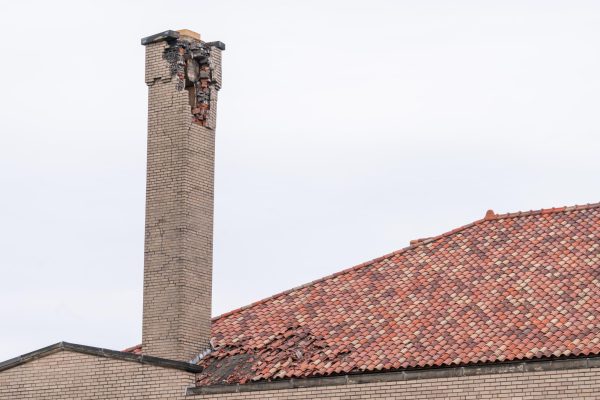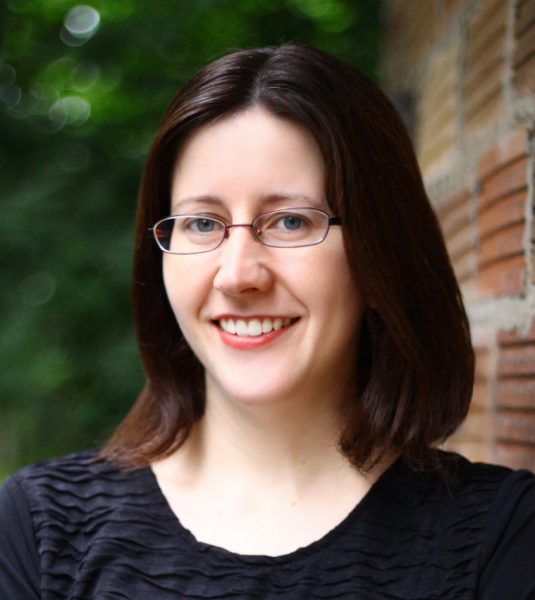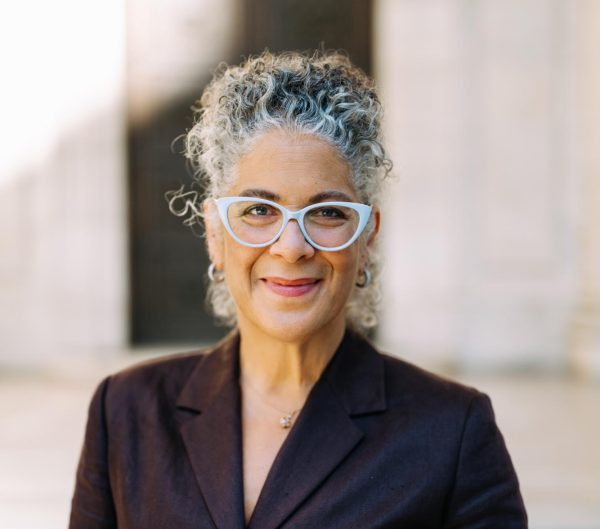Off the Cuff with Monique Burgdorf, Assistant Dean of Students
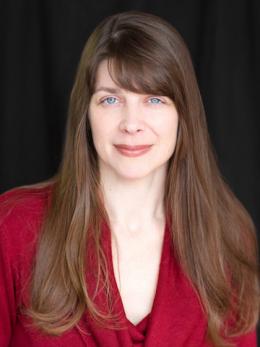
Vice President and Dean of Students Karen C. Goff will begin her tenure at Oberlin on Sept. 20, 2021.
Assistant Dean of Students Monique Burgdorf wears many hats. Currently, she serves in the Center for Student Success as a liaison primarily to low-income and first-generation College students. She also works as an advisor for the Student Help And Resource Exchange program. Burgdorf’s work has become particularly important during COVID-19, when students are experiencing increased stress, as well as high administrative turnover in the Division of Student Life. We sat down with Burgdorf to discuss how her role has changed in the past several months and what advice she has for students and faculty during this time.
This interview has been edited for length and clarity.
What does your work as assistant dean of students entail?
Well, I do a lot of things. I’m a SHARE advisor. I work on financial accessibility with first-generation, low-income kids to try to figure out how to help them meet their basic needs. I’m an advisor in the College. I also advise the Sexual Information Center. I’m trying to keep up the good work that has been done for the mental health initiatives on campus. I also teach an adulting class, LEAD 185, Adulting in the New Normal; a habits class, LEAD 180, Building Habits for Success; and an Oberlin F1RST class, LEAD 110, which is a class for Brenda Grier-Miller Scholars, who are students who are first-generation and low-income. It’s a course that helps build community and sense of belonging for those students. I convene a group of faculty members who are part of the first-generation broader community. I am myself first generation [and] low-income. I work with a lot of students with disabilities to try to help them figure out how to get documentation in place, how to get connected to a therapist, how to get connected to financial support, but also emotional support, too. I don’t know how you really define that in a title; I feel like I’m kind of the jack of all trades. My dad would say, “Jack of all trades, master of none.” So I guess that’s what I am.
How has COVID-19 and the three-semester plan affected how you help students?
In some ways, I think that it just made those stark disparities between privileged students and students who are not privileged pretty clear to other people besides myself. Those disparities have always existed, but one thing’s for sure: I’m always really focused on basic needs — food, water, shelter. Also things like, “Do you feel safe in your space? Do you go to the bathroom in a place that meets your identity? Do you feel safe in your own skin?”
For students, a laptop was something that became very, very important, as well as access to the internet. Luckily, before COVID-19, I had already partnered with the Center for Information Technology and the library to create a long-term loaner laptop program for students because — after listening to a lot of students’ stories over the years — they’ll come to campus with a computer, but it’s a very inexpensive computer that will often break while they’re here. Those students don’t have $1,200 or $2,000 to replace it.
Would you say you saw an increase in requests for help over the COVID-19 pandemic and after returning with the three-semester plan?
Definitely, we saw an increase in requests. But when students came back on campus in fall 2020 — you have to understand that for students who may be food-insecure at home or [might] be sleeping on a couch — for those students, a dorm room is very nice. And they know where their meals are coming from, even if they don’t necessarily like the food.
I would say the effects of the three-semester plan have been on mental health more broadly. I think it’s been hard for everybody quite frankly, to do this whole, “Keep it going, keep it going, keep it going!” thing.
There are increased feelings of burnout among faculty and students this semester. Do you have any recommendations about dealing with the mental health issues that come with going to school in a pandemic?
I try to model balance with students but I understand we have different perspectives. I also understand that I have different options. I get to go home and eat what I want. I get to sleep in a bed I want to sleep in. I have my animals at home. I mean, there are many, many privileges that we, as faculty and staff, don’t take into consideration that students simply don’t have. Students cannot get a break from each other. Let’s say you have a friend breakup or something and you have to see that person like all the time, everywhere, and you have to be coping with that on a regular basis. Whereas staff and faculty get to, hopefully, get away from that person in our department that we may not like.
I try to connect in an empathic way to what a student is actually experiencing, and that helps me to scale back the rigor. I have to be reasonable about what everybody’s capacity is right now. My classes are very “applied,” as opposed to theoretical. It’s life-skill stuff, so it would be weird if I didn’t take the human being into consideration, but I think we all should be taking each other’s humanity into consideration a little bit more right now.
It’s weird, because I think sometimes people can say, “Oh yes, I’m burnt out, and I know students are burnt out.” But that sometimes doesn’t translate into an actionable task. And that’s where we struggle a bit, and that’s why I think it’s important to talk to other colleagues and for students to talk to other students about what’s working for them.
How difficult has it been in the past few months with so many vacancies in the division of Student Life?
On our end, at the Center for Student Success, we’re just built to pivot — we just pivot, pivot, pivot, pivot. The most important thing is that we’re spending time with students, we’re helping students work through things. So, it changed, but it didn’t really change that much for me; I mean, there was more work, but I’ve been here for 21 years. I’ve always been doing student-oriented work, so that work didn’t really change, and that wasn’t really more or less challenging for me personally. What became more difficult is stuff that those people would handle, like budgets and more administrative things. I’m not going to say it was a walk in the park, but I think that after COVID-19, our center became very, very nimble. We just would move with it and with whoever was left. We just pick up what we need to do and just keep moving forward and supporting the students.
It was difficult in terms of, “Oh my gosh, another person is gone?” We come in, and every week there’s a new announcement — that was difficult. But in terms of actual work, we just keep going.
Is there anything you hope to see the newly-appointed Vice President and Dean of Students Karen Goff do in the upcoming year?
She has said that she wants to listen to people, and I think if she is able to do that — if she is given the time to do that — I think that will be really great. I feel like students don’t feel like they’re heard, staff don’t always feel like they’re heard. I feel like Oberlin does a really good job of like, “We must carry on.” We keep going. We’re very resilient in that respect. We always just keep going. So I think to have someone who would listen and who’s given the grace to be able to do that work, I think that will be important.


